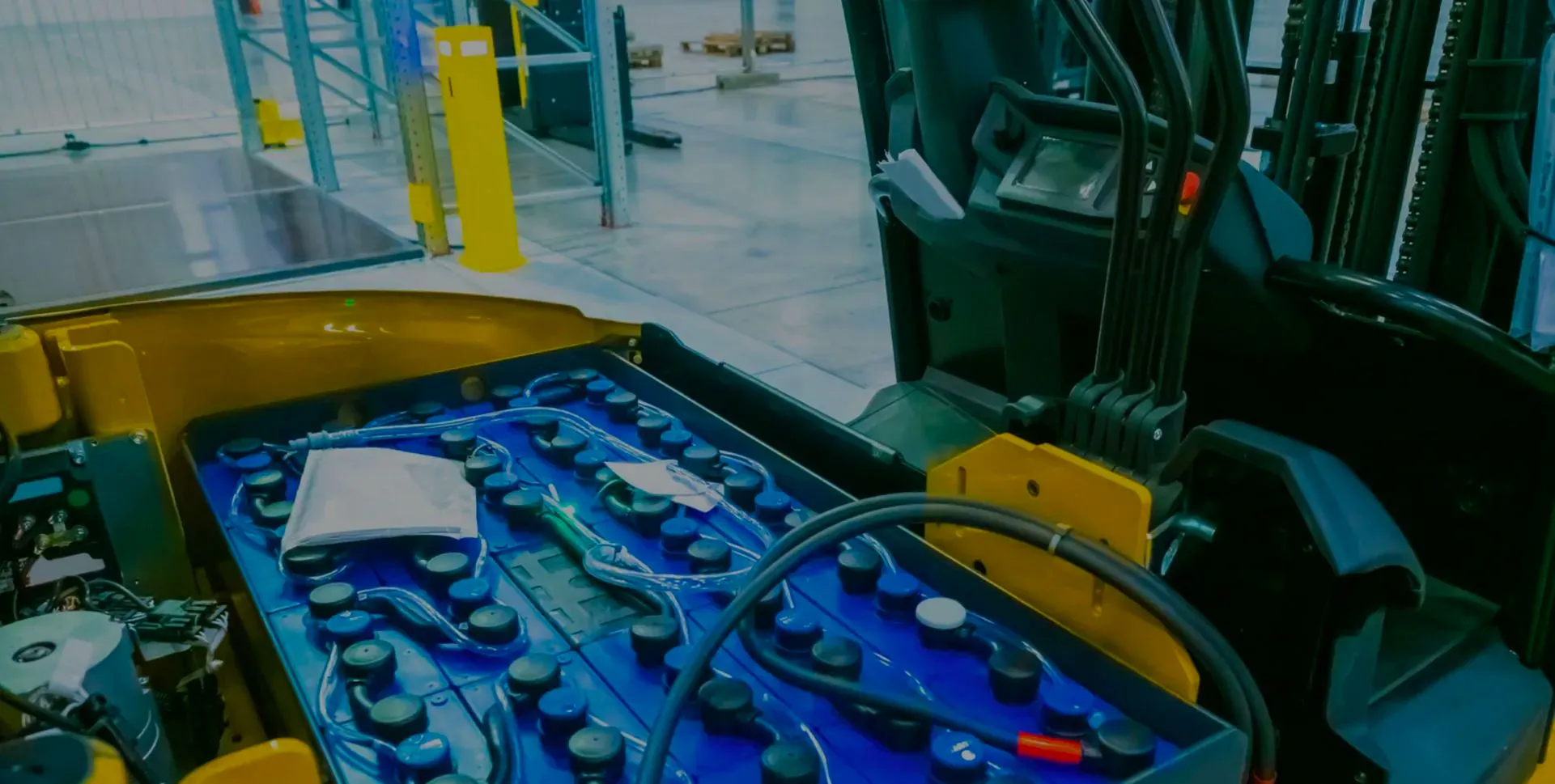Battery Core Management and Industry Advancements and Challenges

The rapid growth of electric vehicles (EVs) and the increasing demand for energy storage solutions have highlighted the significance of battery core management and the thriving battery industry. As we continue our push towards sustainability and reduced carbon emissions, the development of efficient battery cores and sustainable practices in battery recycling have become critical concerns.
The Battery Core Management Landscape: Battery cores, which consist of the cathode, anode, and electrolyte, play a pivotal role in determining the performance, capacity, and lifespan of batteries. Researchers and industry leaders have been tirelessly working to enhance the efficiency and longevity of battery cores to improve overall battery performance and address concerns related to resource depletion.
In recent years, significant progress has been made in the development of advanced materials for battery cores. Innovations like solid-state batteries, which replace the traditional liquid electrolyte with a solid-state conductor, offer higher energy density and improved safety. Furthermore, researchers have been exploring alternative materials such as lithium-sulfur and lithium-air to boost battery capacity and reduce costs.
Challenges and Sustainability Concerns: Despite the progress, the battery industry faces some critical challenges in managing battery cores sustainably. The extraction of raw materials for battery production, such as lithium, cobalt, and nickel, can lead to environmental impacts and ethical concerns in mining regions. Additionally, the safe disposal and recycling of used batteries remain crucial to prevent hazardous materials from entering landfills or harming the environment.
About the Author
Editor